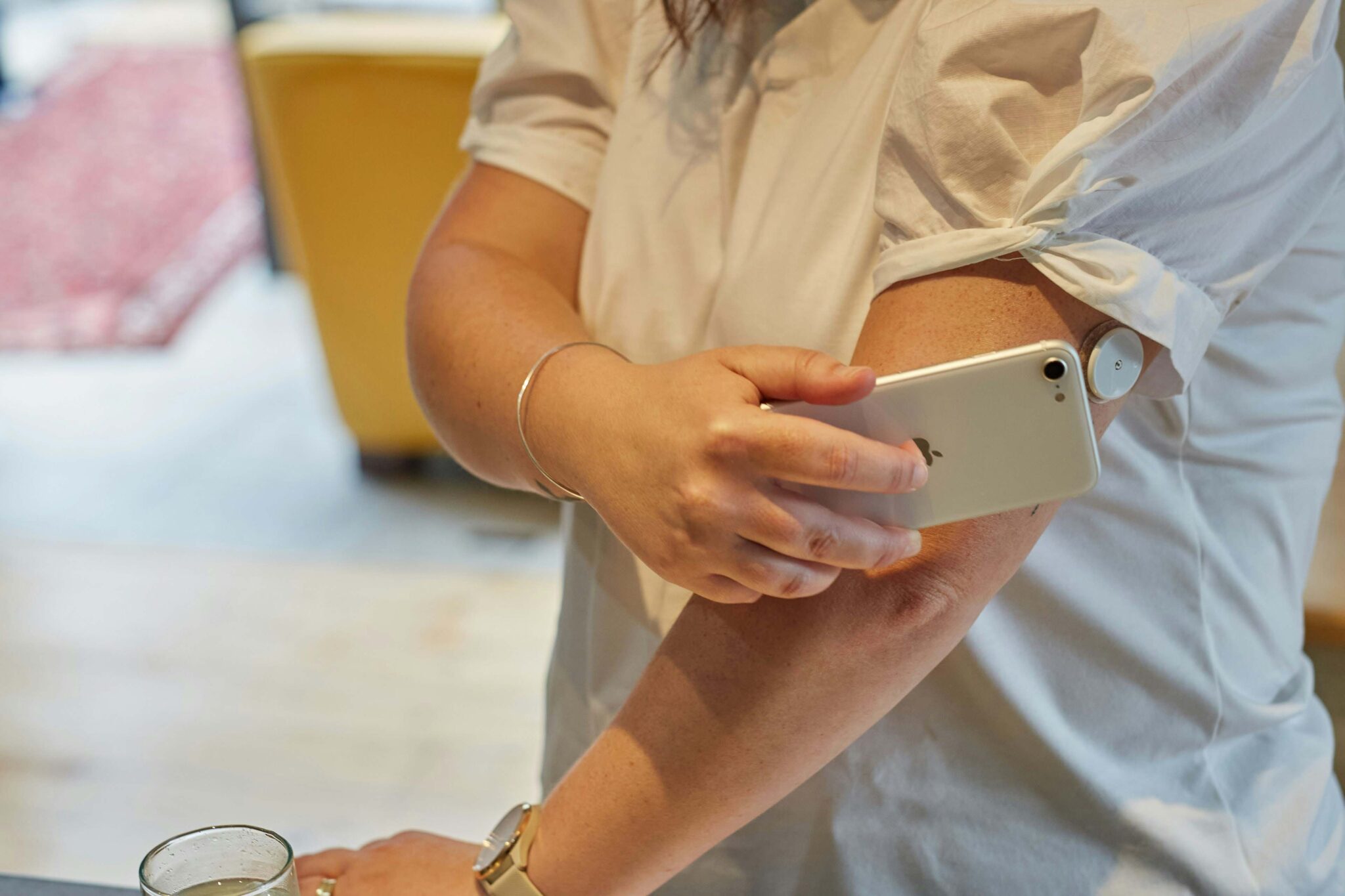4 Tips for Managing Clutter From Gretchen Rubin, Author of Outer Order, Inner Calm
It starts innocently enough: you’re changing into comfy clothes after work, but the clothes you wore today are in that in-between phase of not really dirty, not exactly clean—so you toss them on your armchair to deal with later.
Then the next day, you bring the mail in and throw it on your kitchen counter so you can open the fridge for your after-work snack. Somehow, you become blind to the mail for the next few days, until you notice it appear seemingly out of nowhere and immediately feel anxious at the thought of what bills, loan reminders, and donation solicitations could be waiting for you. So instead of going through it, you keep adding to the stack, building it day-by-day into a leaning tower of paper.
The last straw? Your entryway—hanging up your coat and putting away your shoes is just a LOT to ask some days, so you just… don’t. Until one day, the discarded outerwear physically prevents you from reaching your door and you realize you absolutely have to do something about your clutter.
We all have that one closet, cabinet, or (shamefully raises hand) room that’s so crammed full of junk, you don’t even know where to begin—so you let the clutter pile up. And Gretchen Rubin, habits and happiness expert and author of The Happiness Project, understands exactly how your clutter happens.

“There are many patterns,” she tells us over email, “but I think for most people, it’s a matter of time and energy. In the moment, it seems quicker and easier just to put down an item in whatever spot you happen to be. Put the keys on this random shelf, throw your coat on the chair.”
Um, yes—#relatable. But this shortcut doesn’t feel good in the long run, Rubin goes on to explain.
“Over time, this disorder makes it hard to find things, makes it hard to clean, and makes it hard to feel peaceful and relaxed.”
So how can you tackle the cluttered area(s) you’ve been putting off for ages, without feeling completely overwhelmed? In her new book, Outer Order, Inner Calm, Rubin shares simple strategies for removing clutter—and stress—from your spaces. And, it’s probably less intimidating than you think it is.
“The good news is that by changing a few habits, it’s much easier to maintain order, without needing to devote a lot of time and energy to the task,” she shares.
Start small with defined chunks of time.
Rubin is a big proponent of the one-minute rule: if you know a task will take you less than one minute, you do it right then, without delay. Apply this strategy to to-dos like hanging up your coat, storing your shoes, sorting your mail, and other chores that are little on their own but have an anxiety-inducing effect when stacked up.
“The one-minute rule is a great way to make progress without setting aside a big block of time,” Rubin says.
She also introduces the concept of “power hour,” which, unfortunately, is not quite as fun as it was in college. During power hour, Rubin explains, “you keep a list of all those little nagging tasks that pile up, and then for an hour each weekend, tackle them. It’s astonishing how much you can get done in an hour.”
Put on a one-hour playlist or a background Netflix show, and crank those tasks out once a week.
Ask yourself these three clutter questions
Repeat after me: Do you need it? Do you use it? Do you love it?
“Sometimes we love things we don’t really use. Sometimes we use things we don’t love. But if we don’t need, use, or love it—why hang on?” Rubin reasons.
I was instantly transported back to discussing the Kon-Mari method with my boyfriend, and trying to explain to him the “does it spark joy?” process.
“That makes no sense—my taxes don’t spark joy, but I still have to pay them. And neither does my silverware, but I still need forks,” he shot back.
Touché, boyfriend. Touché.
Clutter contained? Now, maintain.
The clutter is cleared and you feel like a domestic hero—but now, how do you keep it that way?
“It’s helpful to maintain habits that will keep areas from falling back into chaos,” counsels Rubin. “Messy areas tend to get messier, and orderly areas tend to stay neater. So be vigilant about not letting clutter accumulate.”
She acknowledges that each of us has a weak spot, or a “danger zone” in our homes that require extra vigilance.
“For me, it’s a counter in my office, a counter in my kitchen, and a chair in the bedroom. If I don’t regularly sweep those areas out, they quickly become very messy,” she shares, making me feel *minorly* better about the entire bedroom closet that gives me hives if I think about it too much.
Finally, reminder why decluttering benefits your mental health
“For most of us, outer order contributes to inner calm—and a sense of focus, energy, and possibility,” Rubin tells us. “A friend told me, ‘I finally cleaned out my fridge, and now I know I can switch careers.’ I know exactly how that feels!”
Me too, but not everyone feels this way.
“Some people are truly clutter-blind. They don’t notice clutter, it doesn’t drain them, it doesn’t give them much of a boost to establish order” Rubin explains. “My sister Elizabeth, who is co-host of the Happier podcast, is like this. It just doesn’t matter much to her. But for most people, outer order does give them a real lift.”
Want to hear Gretchen and her sister Elizabeth gives happiness and habit tips IRL? Join them in Chicago on October 13 for their “Happier Hour” live podcast show. Find more information about venue, tickets, and other cities they’ll be visiting right here.












